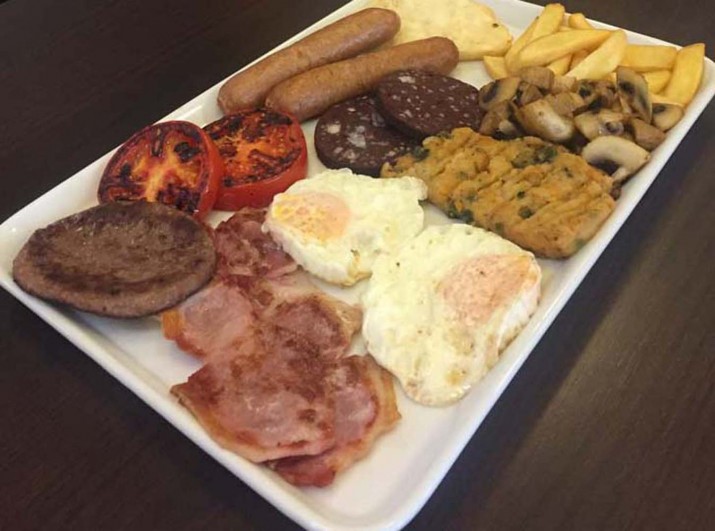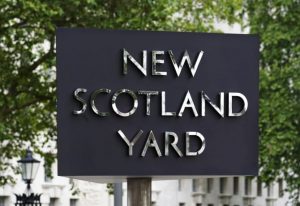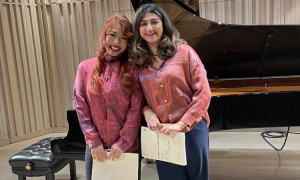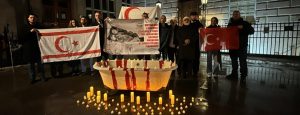Breakfast is on us
In London, so many of the ‘traditionally British’ greasy spoon cafés are actually run by people from Turkey

Turkish speakers living in London have described how they have come to master the dish more popularly associated with Britain than any other: the full English breakfast.

Dursun and Sakine Çelik from Dom’s Cafe

Cem Kaplan, Lemon Café

Ali Karadağ, Orange CafLondra Gazete spoke to a number of people in the Turkish-speaking communities who have spent more than half their lives in the British capital since deciding to relocate here in the 1980s and 1990s.
Dursun and Sakine Çelik, who came to London in 1988, told us how they first worked in textile factories but moved into other areas when the factories began to shut down.
“We started out in 1994 with a small coffee shop in Archway. Our first shop cost us £20,000. Even though we were amateurs, the work went rather well – so well, in fact, that we were able to hire a second waiter. We’ve been running coffee shops around different parts of London ever since.
“We opened up Dom’s Café [in Palmers Green, North London] about a year ago. In the 1990s and 2000s these places would be largely filled with Irish and English customers, mostly construction workers. They preferred the classic English fry-up.
“But we don’t see this type of customer any more. Now we can Polish and Greek Cypriots as customers. Coffee shops like ours aren’t successful in Muslim neighbours – I tried in Leyton, for example, and it just didn’t work.”
Mr Çelik added that although profit margins had fallen and competition increased, it was still possible to make a living from running a café. He said the hours made it a family-friendly business as well.
But Cem Kaplan, who runs Lemon Café in Harringay, tells a differnet story when it comes to the preponderance of coffee shops in London.
“We opened Lemon Café in 2006, but before this I worked as an accountant for a 15-branch café chain called Manhattan Coffee Company.
“Our cook here comes from Anatolia, but our British customers tell us it is the best breakfast they have had. Greek Cypriots predominantly ran these cafes before the Turks moved in – it’s a little like a baton handover. But our own children aren’t interested in this kind of work.
“Our generation was unable to carry out the vocations we were trained for in Turkey – we couldn’t be architects, accountants or doctors here.”
For Ali Karadağ, a partner at Orange Cafe in Palmers Green, the reason so many Turkish-run cafes exist in London is that this city was where migrants first came.
“We chose this living out of necessity. It is always foreigners who work in the service sector in Britain, either because their English is insufficient or they cannot find other work. You don’t need to speak much English in this kind of job. First generation migrants always work in the service sector; it is the second and third generation who find better jobs.
“The expenditure in this kind of work is very high and we really find it difficult to find work. People from Turkey mostly concentrate on London, but there are plenty of other regions outside London where this work can be done. We first came to London because it is the place we first saw. To go to a different city is like visiting a different country.”









